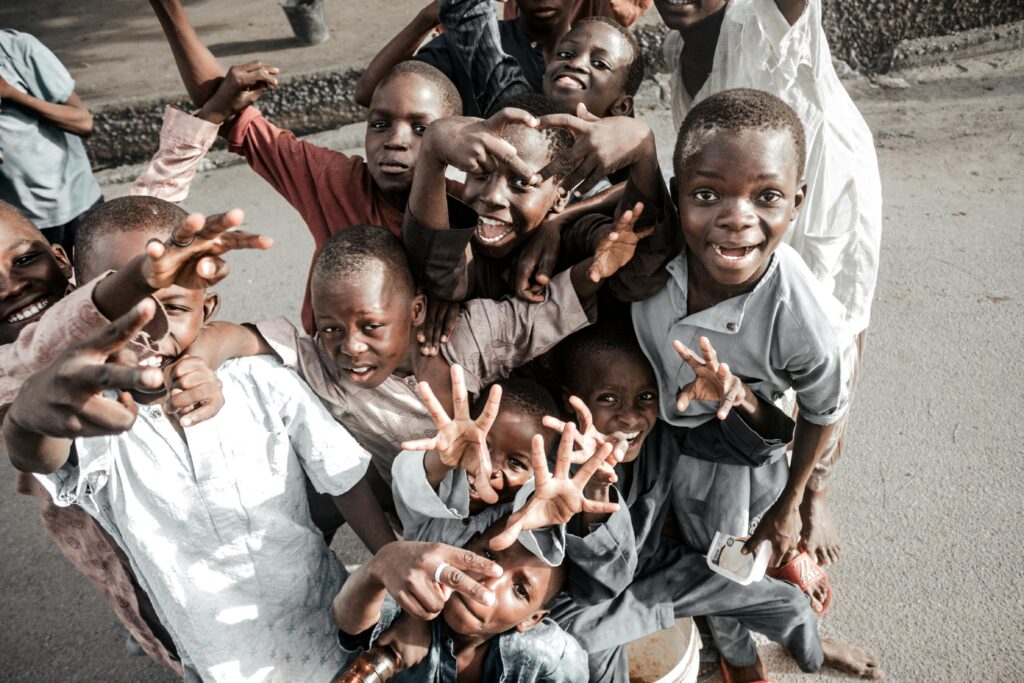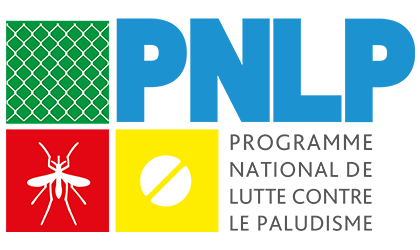History of Bridge Africa Institute (BAI)
Africa is a continent rich in promise – abundant in natural resources, cultural heritage, and most of all, its youthful, entrepreneurial population. Over 70% of rural communities are made up of women and youth. Yet, this tremendous potential is systematically stifled by deeply rooted inequalities, governance failures, corruption, and persistent human rights violations.
High unemployment, especially among women and young people, continues to erode public trust and limit social cohesion. Development interventions, too often externally driven and top-down, have been fragmented and unsustainable. The result? Low productivity, deepening poverty, and chronic political instability across many rural areas.
Aid dependency has grown, while recent shifts in global politics – notably the U.S. and Europe – have led to erratic funding flows for humanitarian and development work. Meanwhile, widespread internal dysfunction within NGOs and philanthropic institutions has triggered a crisis of confidence. Mismanagement, tax avoidance, and a lack of transparency have led many donors to pause, rethink, and even withdraw support.
It was in this moment of uncertainty and urgency that my wife, Gwendoline Ewenye Lifongo, and I began to ask bold, uncomfortable, and critical questions.
With years of experience across both the nonprofit and private sectors – in Africa and internationally – we found ourselves reflecting more and more on one central question:
How can Africa – and especially its rural communities – chart a path toward resilient, self-sustaining development that is locally driven, not aid-dependent?

Rather than continue asking from the sidelines, we decided to act.
Fueled by a shared belief in the power of community-led transformative development, Gwendoline and I co-founded Bridge Africa Institute (BAI) – a transformative, mission-driven, Afrocentric, evidence-based nonprofit organization committed to empowering Africa’s rural communities through a holistic, locally-rooted development model to empowering individuals and transforming communities.
Our work spans economic empowerment, community awareness, and research and advocacy – underpinned in authentic, community-based participatory engagement with those we serve.
Several months ago, I left my private sector role, answering a deep internal call to shift into the humanitarian and development space full-time. Gwendoline – a lifelong advocate for women’s empowerment and social equity across Cameroon and beyond – joined me with an unwavering commitment in building BAI as a platform for purposeful, lasting change.
Our partnership – in life and in mission – became the bedrock of this initiative.
During my time leading a nonprofit organization, I was exposed to how international development often misses the mark. Too many solutions are designed in offices and boardrooms thousands of miles away, far removed from the lived realities of rural communities in African. Too often, development policies reflect foreign interests and outdated paradigms, rather than the aspirations of local communities. And too frequently, we ignore historical injustices – from early legacies to current structural imbalances – when trying to “fix” rural Africa.
Bridge Africa Institute is built on the belief to reframe the narrative and that Africa’s development need a reset – from extractive to empowering, from fragile institutions to resilient, community-led systems.
At the heart of BAI is Bridge Africa Think Tank – a Pan-African think tank reimagining what development could look like when it’s rooted with Africa’s own values, history, knowledge, and the lived realities of its people.
We focus our work around three interlinked strategic pillars:
1. Promoting Economic Development
2. Championing Human Rights and Rule of Law
3. Fostering Accountable Governance, Peace and Security
We don’t claim to have all the answers – but we’re committed to asking the right questions. Questions that begin at the grassroots. Questions that uplift the voices of women, youth, and Africa’s “missing majority” – its rural communities. Questions that challenge the aid-dependence narrative and drive margin empowerment.
Bridge Africa Institute exists to bridge the gap – between policy and people, between vision and action, between Africa’s challenges and its limitless potential.
We’re not just rethinking development.
We’re rebuilding it – together.


